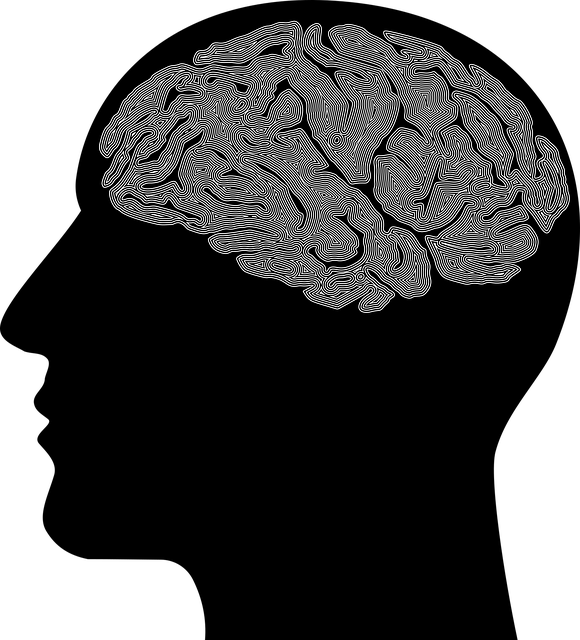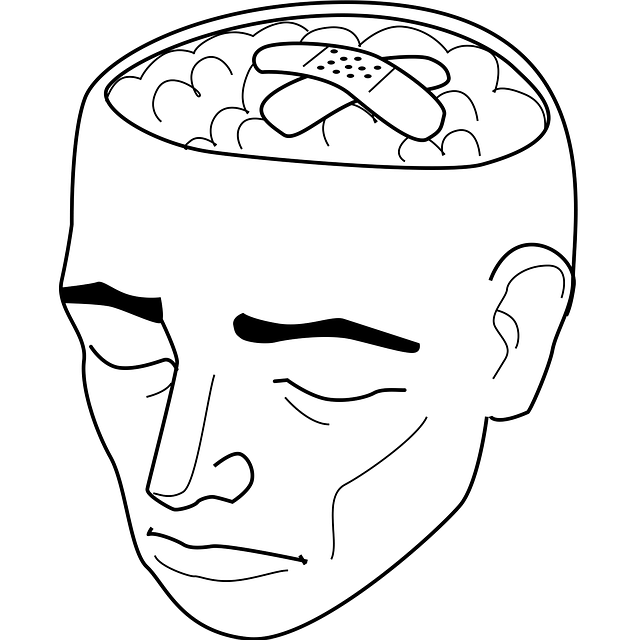Understanding the unique mental health needs of French-speaking children is crucial when designing educational programs. Barriers related to culture and language can impede access to quality care, so community outreach initiatives should engage families and educate them about mental wellness. Culturally sensitive resources, like a Mental Wellness Journaling Exercise in their native language, foster open communication and improve outcomes. Effective programs include tailored therapies with bilingual therapists, self-care routines, group discussions, and activities aligned with cultural backgrounds. Play-based and art therapies empower kids to manage mental health challenges proactively. Measuring success through clear goals, evidence-based assessments, and feedback ensures continuous improvement via collaboration among educators, therapists, and community partners. (#TherapyforChildrenFrenchSpeaking)
“Unaddressed mental health issues in French-speaking children can have lasting impacts on their overall well-being. This article delves into the critical task of designing educational programs tailored to meet their unique needs, exploring essential components such as cultural sensitivity, effective therapy approaches, and measurable outcomes. By focusing on these key areas, we aim to equip educators with strategies to create inclusive environments that foster mental health growth for French-speaking children, ensuring they receive the specialized care they deserve.”
- Understanding French-Speaking Children's Mental Health Needs
- Key Components of an Effective Education Program
- Incorporating Cultural Sensitivity and Inclusion
- Choosing Therapy Approaches and Techniques
- Measuring Success and Continuous Improvement
Understanding French-Speaking Children's Mental Health Needs

Understanding the unique mental health needs of French-speaking children is essential when designing educational programs. This demographic often faces cultural and language barriers that can impact their access to quality care and support. Many French-speaking children may not have received therapy tailored to their linguistic and cultural backgrounds, leading to specific challenges in communication and understanding during treatment.
Program designers should consider implementing community outreach initiatives to engage and educate French-speaking families about mental wellness. Offering resources and guidance on self-care practices adapted to their culture can be transformative. For instance, a Mental Wellness Journaling Exercise tailored with culturally sensitive prompts can encourage children to express their emotions in a language they feel most comfortable with, fostering open communication and improving overall mental health outcomes.
Key Components of an Effective Education Program

An effective mental health education program should incorporate several key components tailored to foster resilience and promote positive thinking in French-speaking children. Firstly, therapy for children in this linguistic community should be accessible and culturally sensitive, addressing unique challenges faced by francophones. This might involve incorporating bilingual therapists and materials to ensure comfort and understanding.
Additionally, programs should focus on self-care routine development for better mental health. Teaching children French-speaking strategies like mindfulness exercises, journaling, or creative outlets can empower them to manage their emotional well-being. Building resilience is another crucial aspect; through interactive activities and group discussions, children learn coping mechanisms to navigate life’s challenges. This equips them with the tools to persevere and thrive despite adversity.
Incorporating Cultural Sensitivity and Inclusion

Incorporating cultural sensitivity and inclusion is an essential aspect of designing effective mental health education programs, especially when catering to diverse communities like French-speaking children. Cultural competence in therapy means recognizing and respecting the unique beliefs, values, and practices that shape individuals’ lives. This approach ensures that interventions are tailored to meet the specific needs of each child, fostering a sense of belonging and trust. For instance, incorporating self-awareness exercises that resonate with their cultural backgrounds can help French-speaking children express themselves openly and connect with therapeutic processes.
A comprehensive mental health policy analysis and advocacy strategy should consider these cultural nuances. By advocating for policies that promote inclusive education, we can ensure that French-speaking children have equal access to mental health resources, including therapy tailored to their linguistic and cultural needs. Preventing burnout among both caregivers and educators is another critical component of this process, as it enables consistent and high-quality support. This can be achieved through regular training on cultural sensitivity and the integration of practices that reduce stress and promote well-being, ultimately enhancing the overall mental health landscape for French-speaking children.
Choosing Therapy Approaches and Techniques

When designing a mental health education program for French-speaking children, selecting appropriate therapy approaches and techniques is paramount. Given cultural nuances and language barriers, it’s crucial to choose methods that resonate with this specific demographic. Play-based therapies, for instance, can be highly effective in engaging young learners while fostering emotional expression. Art therapy, another powerful tool, allows children to communicate their feelings through creative means, especially beneficial for those who may face challenges expressing themselves verbally.
Integrating strategies for inner strength development, self-care practices, and positive thinking is essential within these programs. Teaching children coping mechanisms tailored to their age and cultural context empowers them to navigate mental health challenges proactively. Encouraging open dialogue about emotions in a safe, supportive environment further strengthens their resilience. Ultimately, tailoring therapy approaches to meet the unique needs of French-speaking children ensures accessibility and effectiveness in enhancing their overall well-being.
Measuring Success and Continuous Improvement

Measuring success and implementing continuous improvement are vital components of a robust mental health education program. This process involves setting clear, measurable goals aligned with the program’s objectives, such as enhancing mood management skills, depression prevention strategies, and fostering self-care practices among French-speaking children. By utilizing evidence-based assessment tools, educators can evaluate the effectiveness of the program at various stages, identifying areas of strength and weakness. Regular feedback from participants and their families is invaluable, providing insights into the program’s impact and potential adjustments needed to better meet their needs.
Continuous improvement requires a collaborative effort, encouraging open dialogue among educators, therapists, and community partners. This can involve regular review meetings where data-driven decisions are made to adapt curricula, incorporate new therapeutic techniques, or expand resources. By embracing this iterative approach, mental health education programs can evolve to better support French-speaking children in their emotional well-being journey, ensuring the initiative remains relevant and impactful over time.
Designing a comprehensive mental health education program requires a nuanced approach, especially when catering to French-speaking children. By understanding their unique needs, incorporating cultural sensitivity, and choosing evidence-based therapy techniques, we can create effective interventions. The key lies in measuring success through continuous improvement, ensuring the program adapts to the evolving landscape of mental health support for this demographic. This strategic design fosters a healthy future for French-speaking children, providing them with the tools to navigate their emotional well-being.














